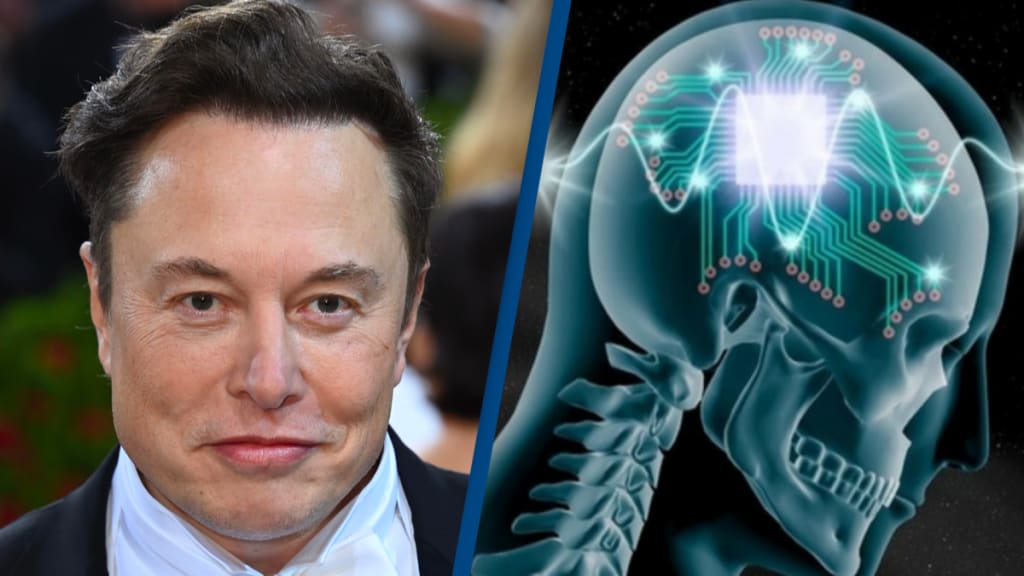Elon Musk’s Brain Chip:
The Future of Human-Computer Interaction

Elon Musk's Neuralink company has been making headlines with its ambitious goal of developing a brain-computer interface (BCI) that could revolutionize the way humans interact with machines. The idea of implanting a chip in the human brain may sound like something out of a science fiction movie, but with the rapid advancements in neuroscience and technology, it could become a reality sooner than we think.
What is Neuralink?
Neuralink is a company founded by Elon Musk in 2016 with the goal of developing a BCI that could help people with neurological disorders, such as Alzheimer's or Parkinson's disease. The company's ultimate vision is to create a symbiosis between humans and machines, allowing us to communicate with computers directly through our thoughts.
The Brain Chip
The brain chip, also known as the Neuralink device, is a small implant that would be placed in the human brain. The device would be able to read and interpret signals from the brain, and then communicate those signals to a computer. This would allow for a seamless connection between the human brain and machines, allowing us to control devices with our thoughts.
How does it work?
The brain chip works by using a network of tiny electrodes that are implanted in the brain. These electrodes are able to read the electrical signals produced by the brain and then send those signals to a computer. The computer can then interpret those signals and use them to control external devices, such as prosthetic limbs or computers.
Applications of the Brain Chip
The potential applications of the brain chip are vast and could impact a wide range of fields, from healthcare to entertainment. One of the most exciting applications of the brain chip is in the field of prosthetics. With the brain chip, people with amputations or paralysis could control prosthetic limbs with their thoughts, allowing for a level of mobility and independence that was previously impossible.
Another potential application of the brain chip is in the field of gaming and entertainment. Imagine being able to control a video game with your thoughts, or being able to experience virtual reality in a way that feels completely real.
Challenges and Concerns
While the potential applications of the brain chip are exciting, there are also significant challenges and concerns that need to be addressed before the technology can become a reality. One of the biggest challenges is ensuring the safety and efficacy of the brain chip. The brain is an incredibly complex and delicate organ, and any mistakes in the placement or use of the brain chip could have serious consequences.
Another concern is the potential for misuse of the technology. The ability to control machines with our thoughts could have significant implications for privacy and security, and there are concerns about the potential for governments or corporations to use the technology for nefarious purposes.
The Future of Human-Computer Interaction
Despite the challenges and concerns, the development of the brain chip could represent a major milestone in the evolution of human-computer interaction. As the technology continues to advance, we may one day be able to control machines with our thoughts, communicate with each other directly through our brains, and even augment our own cognitive abilities.
In conclusion, the brain chip developed by Elon Musk's Neuralink company is an exciting and ambitious project that has the potential to revolutionize the way we interact with machines. While there are significant challenges and concerns that need to be addressed, the potential applications of the brain chip are vast and could impact a wide range of fields. As we continue to advance our understanding of neuroscience and technology, the future of human-computer interaction looks brighter than ever before.
About the Creator
Muhammad Sarib Ali
Sarib is an experienced Content Writer with 5 years of experience in the CNet industry. He is a creative and analytical thinker with a passion for creating high-quality content and crafting compelling stories.






Comments
There are no comments for this story
Be the first to respond and start the conversation.